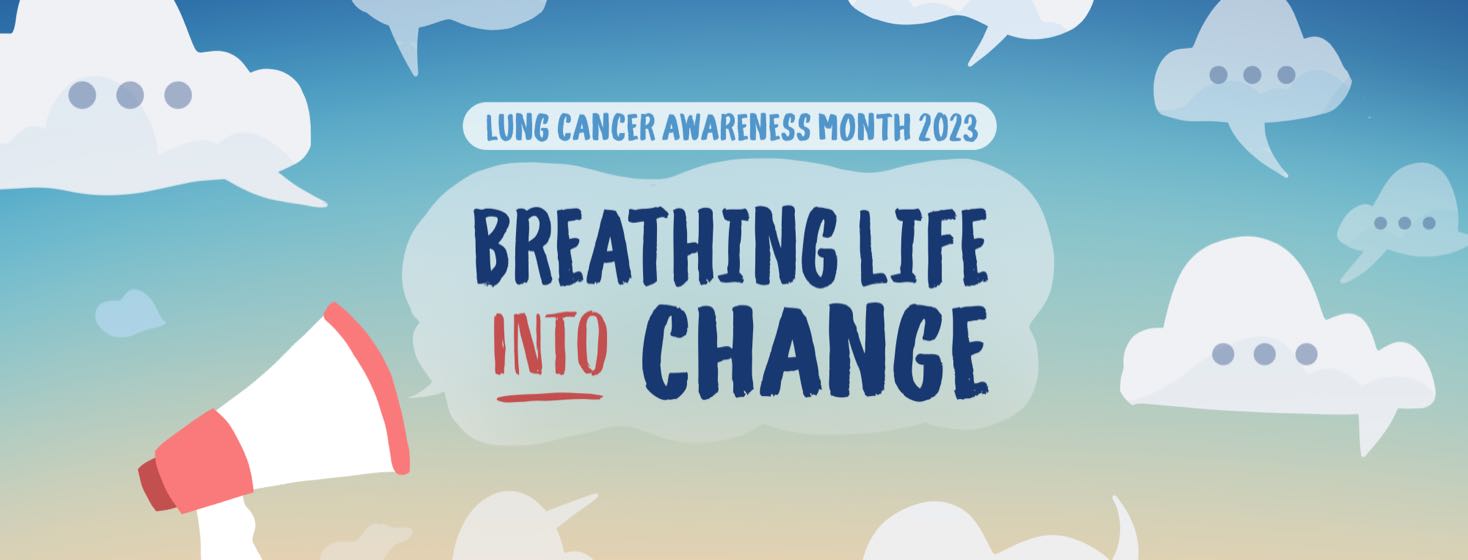Lung Cancer Awareness Month: Self-Advocacy
Receiving a diagnosis of lung cancer can be incredibly overwhelming, as it brings an increased level of fear and uncertainty. However, during this challenging journey, self-advocacy can be an effective tool that makes a significant difference.
To navigate the complicated world of lung cancer with confidence and resilience, it is important to empower yourself with knowledge, actively participate in treatment decisions, and seek support when needed.
Understanding your lung cancer
Lung cancer is a complex disease that involves various kinds and stages that require customized treatment for each person. Before diving into self-advocacy, it's very necessary to understand your specific diagnosis, its stage, and any available treatment options.
Learn about the illness, its risk factors, and the most recent advances in lung cancer research. This understanding empowers you to ask educated questions and make choices you are comfortable with.
Active participation in treatment decisions
Your healthcare team plays a pivotal role in your lung cancer journey, but your voice should not be overshadowed. Self-advocacy means taking an active role in decisions about your care and making sure your issues and choices are valued and heard.
Ask questions about potential treatments, their side effects, and how they align with your healthcare priorities. If you feel uncertain or uncomfortable, don't hesitate to seek a second opinion. Remember, your healthcare team is there to work with you, not just for you.
Seeking support
Dealing with lung cancer can be emotionally and physically challenging, and you don't have to face it alone. Seek support from friends, family, or support groups.
Connecting with others who have experienced or are currently facing lung cancer can provide valuable insights, emotional support, and a sense of belonging. Expressing your concerns and sharing your experiences can be beneficial in relieving the weight on your shoulders while giving you a new outlook.
Navigating financial challenges
The financial burden of lung cancer treatment can be overwhelming. Part of self-advocacy involves understanding your insurance coverage, exploring financial assistance programs, and discussing potential costs with your healthcare team.
Don't hesitate to seek guidance from financial counselors or social workers specializing in cancer care. Your focus should be on recovery, not financial stress.
Empowering yourself through self-advocacy
In the face of lung cancer, self-advocacy is a potent tool that empowers people to actively engage in their treatment journey. By educating yourself about your diagnosis, actively participating in treatment decisions, seeking support, and addressing financial concerns, you take charge of your path toward recovery.
Remember that your healthcare team is there to support you, and your voice matters. Lung cancer can be a tough opponent, but you can face it with courage and optimism if you speak up for yourself, learn about your condition, and connect with others who can help you.
Self-advocacy can help you turn a lung cancer diagnosis into a chance to take charge of your life and make informed choices, which will help you face the challenges ahead with strength and determination.

Join the conversation